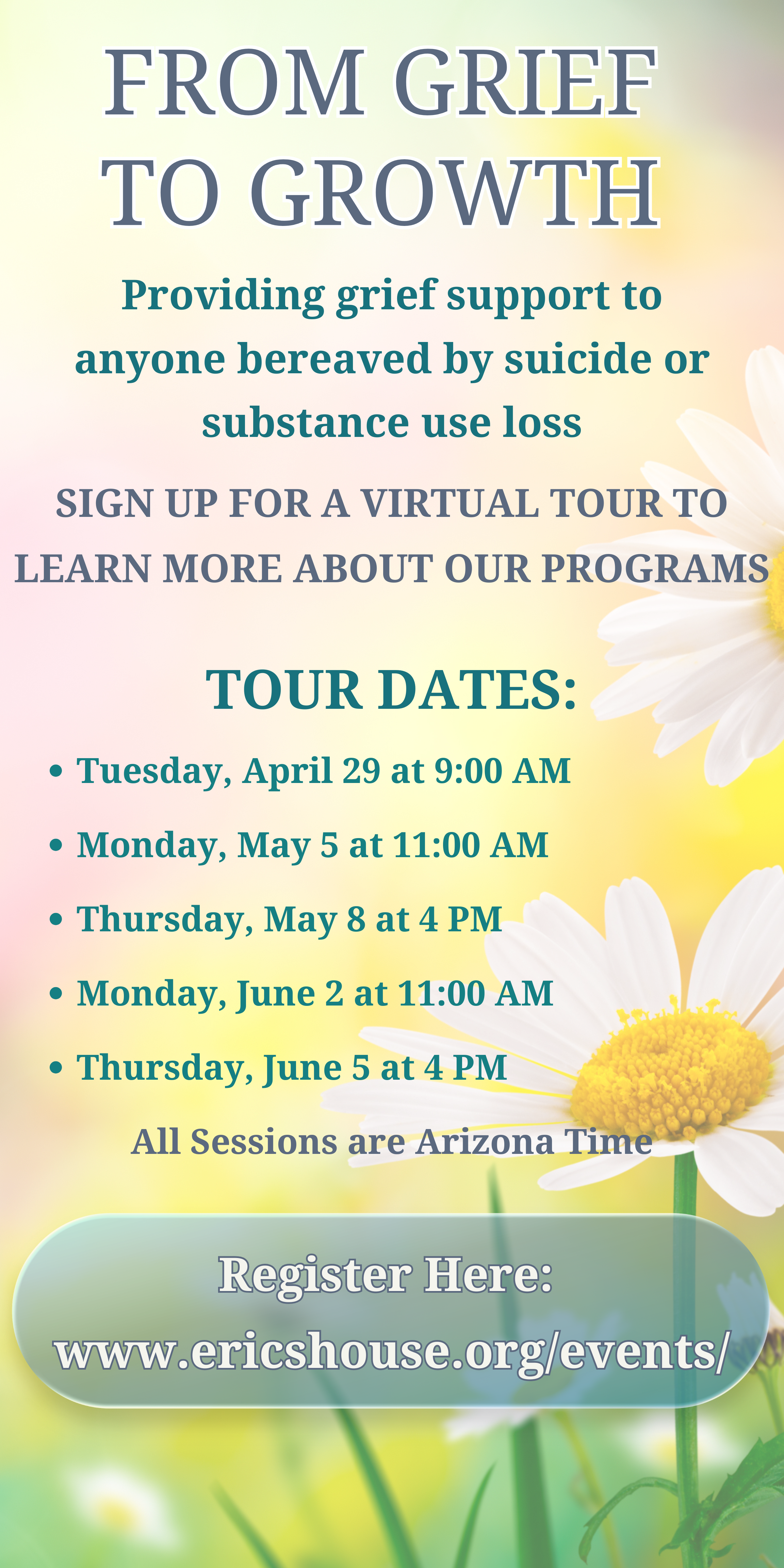I usually go to mass on Sunday mornings at one of my favorite churches. This Sunday, however, I was stuck at home with COVID. My family (Greg, Jojo, and I) just returned from the most fantastic vacation we’ve ever had—a cruise to the last untouched frontier, Alaska. We all returned with varying degrees of COVID.
I wanted to write about fentanyl today. I have been tracking the statistics over the years, but an email came through my phone this morning that surprised me. More than 81,000 people have died in 2023 due to synthetic opioid overdose. Almost 75,000 of those were due to illicit fentanyl. I learned that Alaska has had a 46% increase in fentanyl deaths between March 2023 and March 2024 (predicted). The good news is that while a handful of states have seen increases in fentanyl deaths, most states are seeing declines. Across the US, predictions show that we will have a net 7.5% decrease, demonstrating that the awareness efforts implemented by so many grassroots organizations are having an impact. (Source. cdc.gov/nchs/nvss/vsrr/drug-overdose-data.htm).
We are also becoming aware of new terms to describe the loss of someone we love to fentanyl – fentanyl poisoning instead of fentanyl overdose. For families who this crisis has impacted, our language is essential. The word “overdose” implies that too much of a substance has been used. However, with fentanyl, just a few grains of salt can kill someone. I like this language because there is already too much stigma around the word “overdose,” which makes the process of grieving someone you love more difficult for many families.
When substances of any kind are involved in the loss of someone dear to you, it is natural and normal to feel a sense of anger over the senselessness of this manner of death. Survivors may feel anxious, life may become chaotic for a time, feelings of isolation may persist for a while, and we may even be filled with doubt about our relationship with our loved ones.
A colleague called me another day, wanting to know how to talk to someone who has just lost someone. As caring people, we all want to be sure we don’t say the “wrong” thing, and we often don’t know what to say when people are in an acute state of grief. And since the opioid crisis affects everyone in all walks of life, knowing what to say is helpful. Here are my thoughts:
You don’t need to say anything. Sit in silence or simply listen. Worry less about what you should say and instead listen as they speak about their loss experience.
Accept their feelings without judgment. Often, the loss of a substance creates complicated feelings. Know that whatever they feel is true for them at that moment. Staying neutral is very important.
Express genuine empathy and understanding. You can express your condolences and show them that you care.
Encourage and support self-care. Regular sleep, meals, and hygiene may fall by the wayside. You can also help with the practicalities—cooking a meal, grocery shopping, running errands—which can take some of the load off those grieving.
Last, grief is a complex process with several touch points toward healing. Everyone is unique, and people vary greatly in how they integrate their loss into their lives healthily. I often describe the process as “disorder – order – reorder.” Allow the bereaved to go through this process in their way and in their own time while knowing that eventually, and over time, they will settle into a new way of living.




Recent Comments